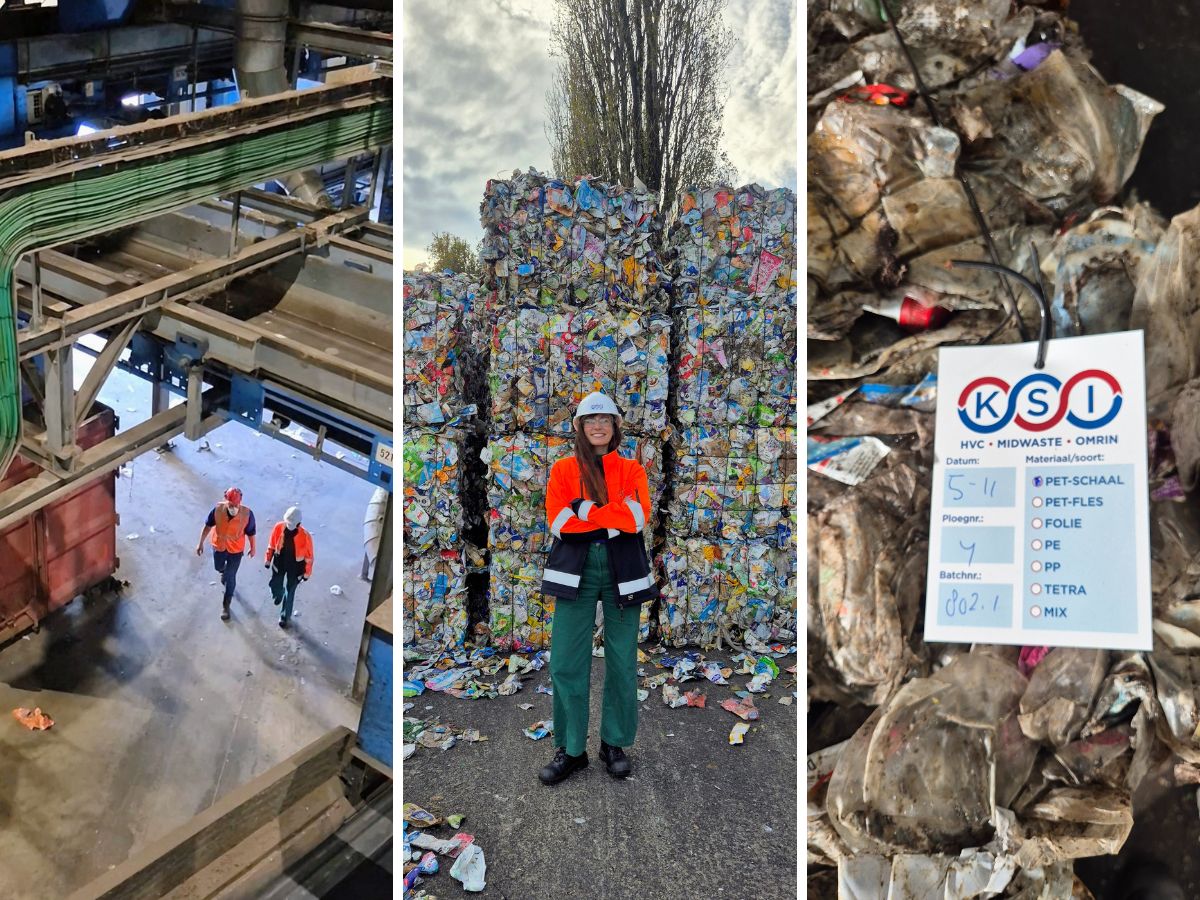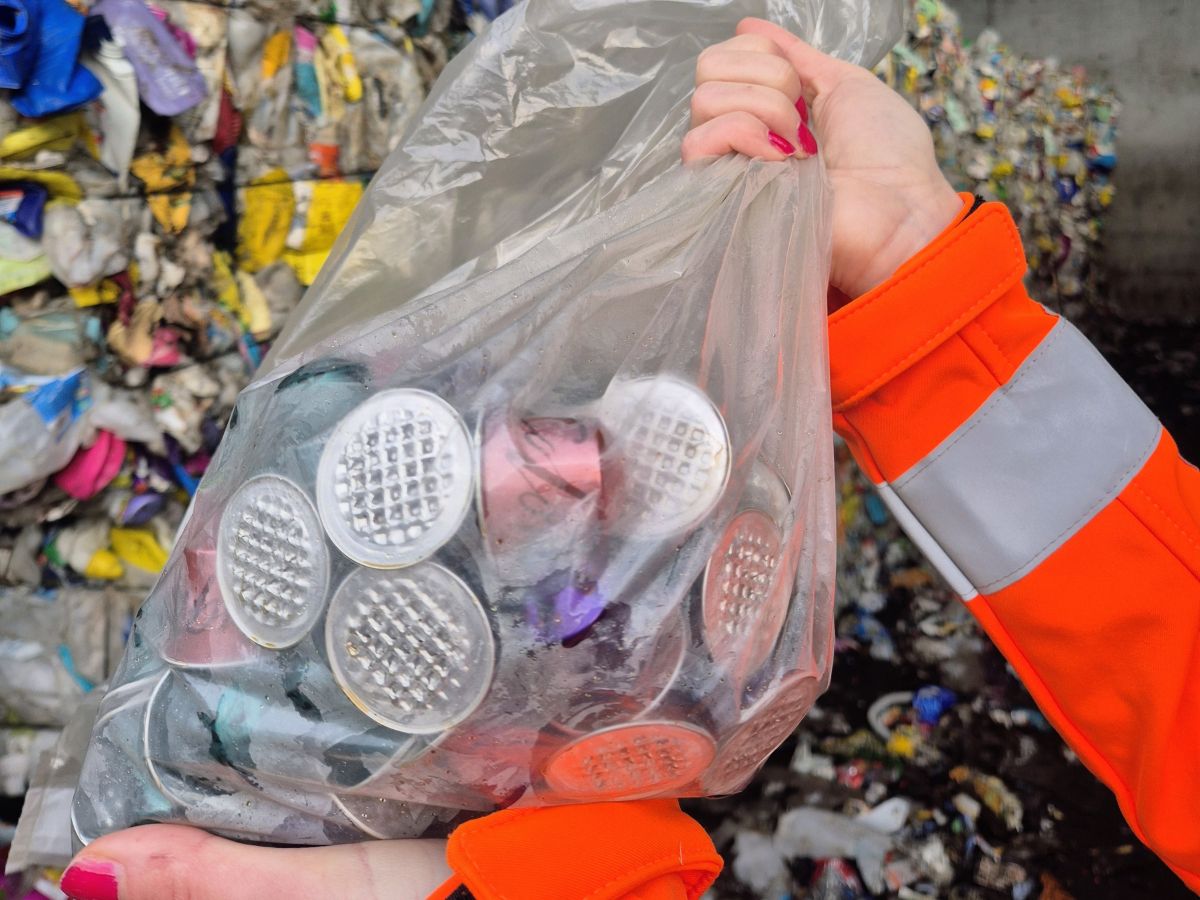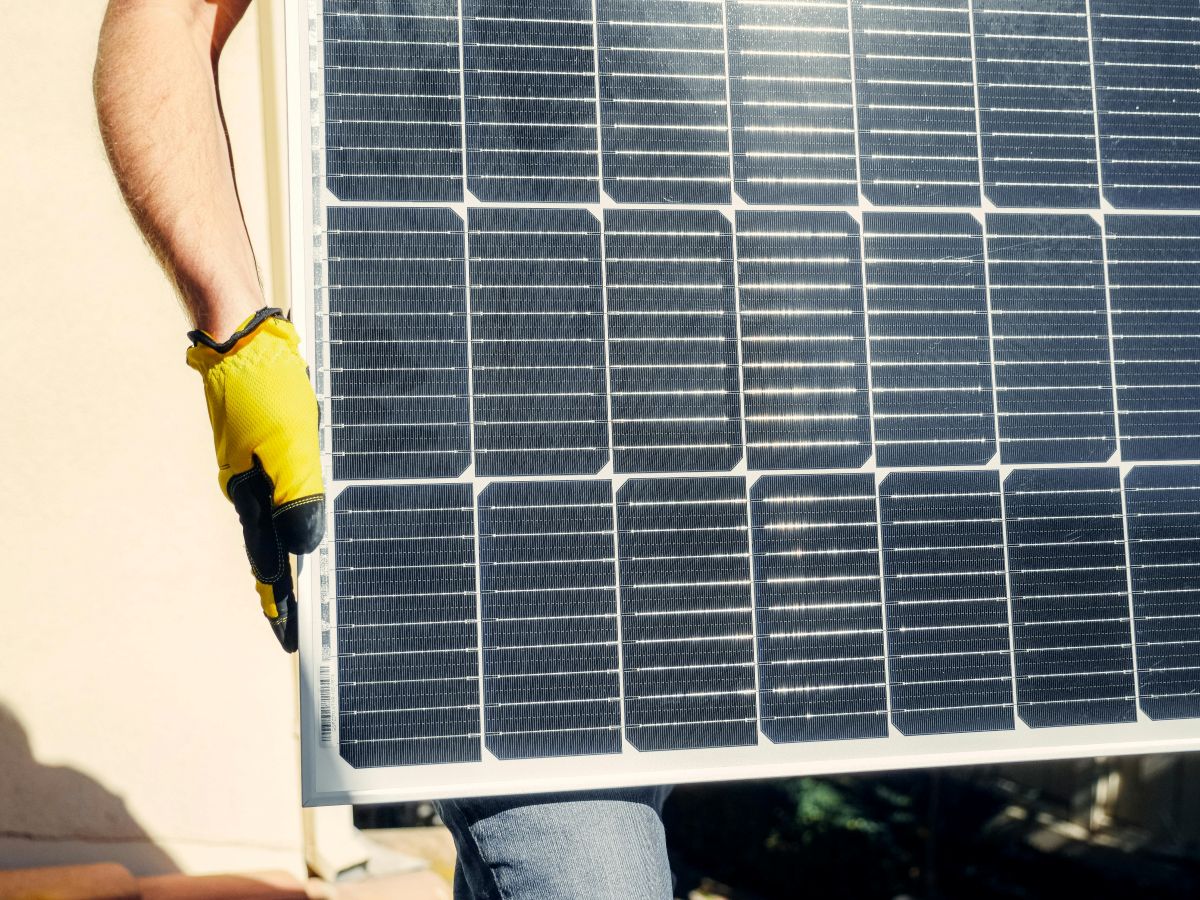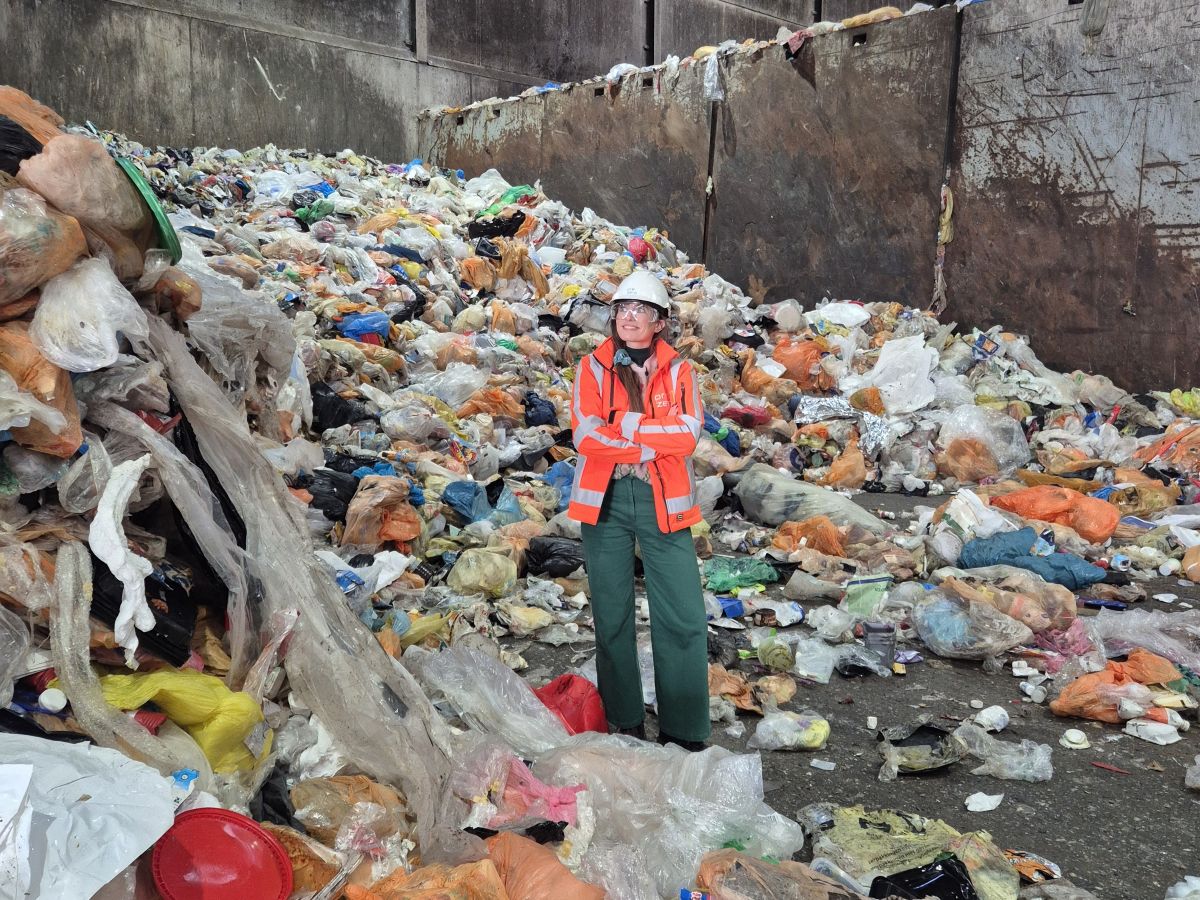To start and run your business, you regularly have to incur small and large expenses. As a (sustainable) entrepreneur, you are allowed to deduct business expenses from your turnover, which means you pay less tax at the bottom line. Together with accountant Marcel Huting, we list the most important business expenses and answer the most common questions. What are the rules and how do you handle it administratively?
Business costs of sustainable entrepreneurs
In cooperation with Huting Tax Advice & Administration
Business expenses are costs you incur that are directly related to your business. For thegreenlist.nl I did make quite a few purchases (second-hand): a laptop, phone and ring lamp. What about software and apps like photo and video editing progammes. And a business lunch I also have regularly. You can deduct some or all of these (and more) expenses. How exactly does it work? And what costs should you think of?
Deduct business expenses in one go? Not always!
Marcel: ‘When buying things for your business, you have to look at the lifespan. Some purchases, like a laptop or a smartphone, you may not deduct in one go, but you may only deduct as the investments decrease in value, usually 20% per year. So if you buy a laptop of five hundred euros, you may deduct one hundred euros per year as expenses. As a start-up, you are allowed to write off the first three years at random, which can be an advantage.’
Tip: there is a tax break if you invest more than €2,800 in a year. Then you can deduct 28% from the investment. So it is smart to plan and bundle your purchases smartly.
Most common business expenses
‘Especially self-employed people working from home sometimes think they have few business expenses. Well, you probably have more than you think,’ Marcel tips. So it pays to take a deeper look at your business expenses anyway. ‘Just scroll back in your banking app, because it's a shame if you miss out on a deduction.’ Below is a little summary to give you some ideas of what to think of when it comes to business expenses:
- Cost of equipment such as laptop, printer, label printer, ring lamp, phone or office supplies.
- Cost of software programmes such as your accounting programme, cloud storage and paid apps.
- Website costs such as design, hosting and maintenance.
- Cost of membership fees and professional literature.
- Marketing costs such as ads on social media.
- Cost of telephone subscription and internet.
- Business transport costs (consider public transport, bike purchase, mileage driven, subscription and car/bike/scooter partial services costs).
- Renting your business space.
- Furnish your office, study or workshop.
- Office supplies, printing and other necessities for (flex) working such as a backpack, laptop sleeve, mouse or keyboard.
- ‘Salary costs’ of freelancers such as editors, virtual assistant, website builder, accountant, etc.
- Costs bank account and insurance for your business.
- Study costs related to your business.
- Lunch expenses, drinks and snacks during working hours.
- Corporate gifts, Christmas cards and other gifts to thank people.
Buying business stuff second-hand
It is very convenient as well as sustainable to buy things for your business second-hand. You can find great office supplies second-hand. Think office chairs, laptops, keyboards, printers, label printers, mice and smartphones. You will also save a lot of money. So not a crazy idea to strike out on the second-hand circuit for your business. But to deduct costs, you always need an official invoice. This is never a problem with new goods, but with a purchase via Marktplaats it is different of course. Marcel: ‘But it can be done! At least pay for the purchase from your business bank account and make a note of the seller's details and what you bought. Even better if the seller draws up a receipt for you and emails it to you. Don't feel like doing that but want to buy second-hand? Then buy it in a second-hand shop or at a refurbished (web)shop, then you always get and receipt or invoice.’
Do you sometimes rent things for your business? Those are business expenses too!
Oops, forgot to declare business expenses
Marcel: ‘If you forget to declare business expenses, you miss out on the tax benefit. Not smart! Does it happen to you anyway? Report it immediately to your advisor (or that clever family member helping you) to see if you can still deduct the expenses. Always do this in consultation with your adviser!’
Business expenses incurred, but invoice or receipt lost
‘Unfortunately, there's not much you can do about that, I'm afraid. If you no longer have an invoice or receipt and you still deduct the expenses, the Inland Revenue may refuse the deduction of these expenses in case of an audit, so you should keep your receipts and invoices well! Of course, you can approach the company to ask if they can mail the invoice again. Most companies won't be difficult about that.’
Business expenses paid from private account?
It is not convenient to have money flows mixed up. Marcel: ‘Keep your private and business expenses separate. Don't make private shopping and other private expenses from your business account. This will make your bookkeeping unnecessarily complex. Only use your business account for business income and expenses. Of course, it can happen the other way around: that you use a private account to make a business expense. In that case you can easily solve it by transferring the amount (with a clear description) from your business account to the private account. That way, you turn it into a business expense claim and your accounts are correct again.’
Donate to charity?
Many sustainable entrepreneurs want to donate a percentage of their profits to charity. Marcel: ‘You can always do that, but you can't just charge it as business expenses. Whether this is allowed depends on whether there is a business link between your company and that charity. If there isn't, you may be able to use the donation deduction. So donations to charities can be deductible, but you have to exceed a certain threshold, which is a percentage of your income.’
Pension investments (or savings) you may deduct
As an entrepreneur, you are responsible for arranging and building up your own pension. An interesting way to do this is through pension investing or pension saving. Marcel: ‘You can deduct the amount you deposit from your income, which means you pay less tax now. You have several banks and financial institutions offering it, such as Brand New Day and Bright Pension popular among self-employed people, but your bank also offers such products. And again, you can choose a green fund more sustainably.’
Need more accounting tips and help?
Maybe you have been doing business for a while, or maybe your initiative is still in its infancy. Either way, with the guide for starting entrepreneurs, we would like to help you on your way with the administrative side, so you can do what you do best: make your idea a success! Because say it yourself, it's a nice idea when the administrative basics are all in order. With the help of this guide, you will have everything you need to organise your company's bookkeeping properly, learn good habits and, as a bonus, we will also share with you how you can do business a little more consciously. We got you!
For 13.50 euros, you have this lifesaver directly to your inbox and so on your tablet or mobile phone! Order the guide for start-ups in our webshop!


About Marcel Huting
Marcel does administration and bookkeeping for a variety of companies and individuals throughout the Netherlands. He can help you get started or take over the entire bookkeeping process from you. Find out more about Huting Tax Advice & Administration.
Photo credits: Andrew Neel (Pexels).












